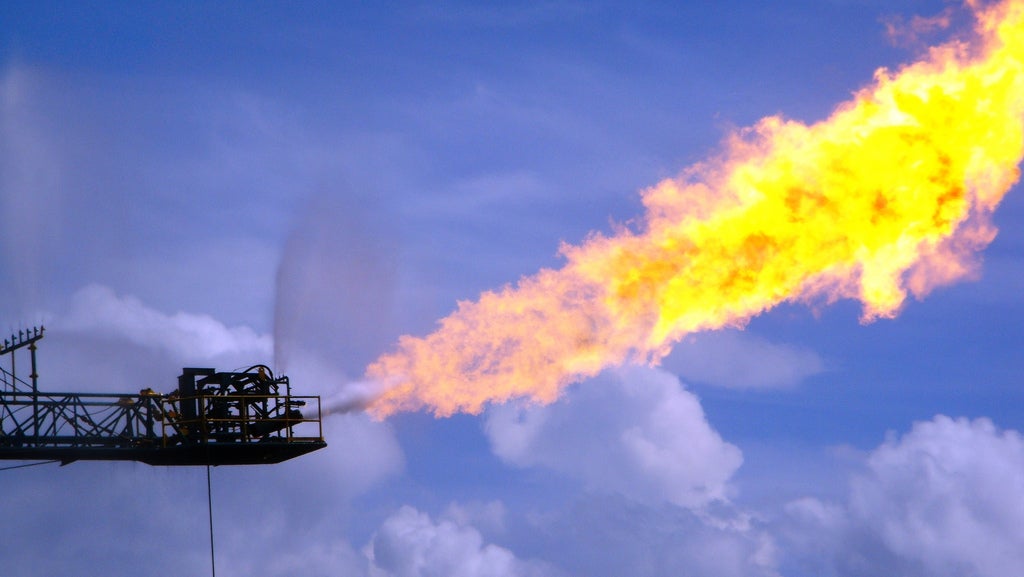
The US Environmental Protection Agency (EPA) has proposed updates to the previous administration’s oil and gas regulations that would remove restrictions on methane emissions.
The proposal follows the EPA’s review of the 2016 New Source Performance Standards (NSPS) for the oil and gas industry, conducted in response to Donald Trump’s Promoting Energy Independence and Economic Growth executive order.
This order, made in March 2017, directs agencies to review regulations that potentially ‘burden the development or use of domestically produced energy resources’.
The EPA’s regulatory analysis estimates that the proposed amendments could save the oil and gas industry $17m-$19m annually, a total of $97m-$123m from 2019 to 2025.
EPA administrator Andrew Wheeler said: “EPA’s proposal delivers on President Trump’s executive order and removes unnecessary and duplicative regulatory burdens from the oil and gas industry.
“The Trump Administration recognises that methane is valuable, and the industry has an incentive to minimise leaks and maximise its use. Since 1990, natural gas production in the United States has almost doubled while methane emissions across the natural gas industry have fallen by nearly 15%. Our regulations should not stifle this innovation and progress.”
The EPA has proposed two actions that it claims would remove ‘unnecessary regulatory duplication’ from the NSPS. The first action is the removal of regulation for sources in the transmission and storage segment of the oil and gas industry, including underground storage vessels, transmission compressor stations and pneumatic controllers.
The second action is the rescission of methane emission limits from the production and processing segments of the industry, while keeping emissions limits for volatile organic compounds (VOCs). According to the EPA, the controls to reduce VOCs also reduce methane, so separate methane limitations are redundant.
The Trump administration’s attempts to roll back safety and environmental regulations for the oil and gas industry have been criticised by a number of US groups. In June 2019, a coalition of ten environmental groups sued the Trump administration for weakening of the Well Control and Blowout Preventer Rule, established in 2016 in the aftermath of the 2010 Deepwater Horizon disaster in the Gulf of Mexico.
An investigation by Greenpeace’s investigative journalism project Unearthed also criticised the Trump administration in March 2019, revealing that British oil major BP contributed to the administration’s rescission of key climate regulations on methane emissions in September 2018.
In response to the EPA’s proposal, National Resources Defense Council senior strategic director David Doniger said: “We simply cannot protect our children and grandchildren from a climate catastrophe if the EPA lets this industry off scot-free.
“The EPA is eager to give the oil and gas industry a free pass to keep leaking enormous amounts of climate pollution into the air.
“If the EPA does not abandon this reckless and sinister proposal,” Doniger finished, “we will see them in court.”
The EPA will take comments on the proposal for 60 days after it is published in the Federal Register and will hold a public hearing, details of which will be announced shortly.



